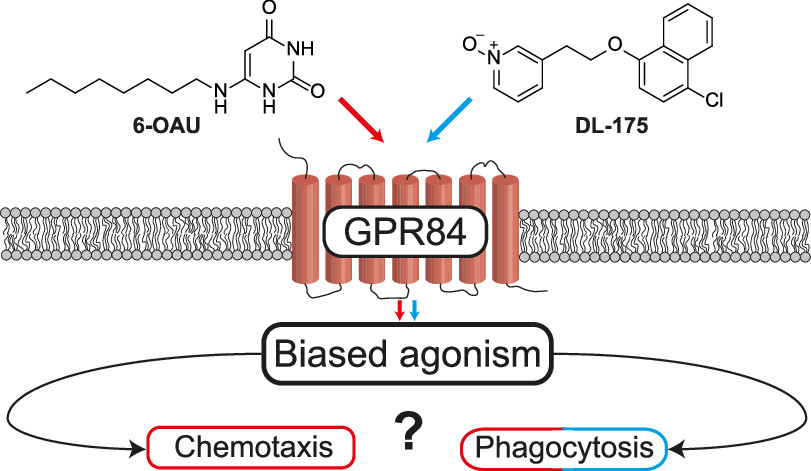A recent study published in the journal Nature Communications has shed light on the interaction between free fatty acids (FFAs) and GPR84, a G protein-coupled receptor (GPCR). The study revealed that GPR84, which is predominantly expressed in peripheral immune cells, plays a role in promoting macrophage phagocytosis and could be a potential target for cancer treatment.
FFAs are produced during lipolysis and are involved in various metabolic, inflammatory, and immune processes. GPR84, classified as an A-class GPCR, has been identified as a receptor that recognizes endogenous medium-chain fatty acids (MCFAs) and distinguishes them from short-chain fatty acids (SCFAs) or long-chain fatty acids (LCFAs). Previous research has suggested that GPR84 signaling has pro-inflammatory functions and could be targeted to treat inflammatory and fibrotic diseases.
The study focused on GPR84’s role in immune functions, particularly its involvement in promoting macrophage phagocytosis. Analysis of human tumor RNA sequencing data revealed the specific expression of GPR84 in tumor-associated macrophages (TAMs). This suggests that the GPR84-Gi signaling axis plays a crucial role in mediating the phagocytic activities of macrophages against cancer cells.
The researchers also tested the synthetic GPR84 agonist 6-OAU in combination with an anti-CD47 antibody to explore the therapeutic potential of activating GPR84 signaling in cancer treatment. The results showed that the activation of the GPR84-Gi signaling axis, combined with the disruption of the CD47 interaction, synergistically induced the phagocytosis of cancer cells by macrophages.
To further understand the mechanism of GPR84 signaling, the researchers conducted structural analysis using cryo-electron microscopy. This analysis revealed a high-resolution structure of the GPR84-Gi signaling complex with 6-OAU, providing insights into the recognition of lipids by GPR84 and the activation of the receptor.
While previous clinical trials testing drugs targeting GPR84 for treating pulmonary fibrosis have shown no significant therapeutic efficacy, the detailed structural insights provided by this study offer a foundation for future drug development. The findings present a hopeful prospect for cancer treatment and other inflammatory conditions.
The research team, led by Prof. Gong Weimin from the University of Science and Technology of China (USTC) of the Chinese Academy of Sciences (CAS), collaborated with researchers from the University of Pittsburgh, the Singapore Agency for Science, Technology and Research, City of Hope Comprehensive Cancer Center, and the University of Glasgow.
In conclusion, this study unveils the pro-phagocytic function of GPR84 and provides a structural basis for understanding its signaling mechanism. The findings offer new possibilities for developing potential drug candidates for cancer treatment and other inflammatory diseases. Further research and clinical trials are needed to fully explore the therapeutic potential of targeting GPR84 signaling.
*Note:
1. Source: Coherent Market Insights, Public sources, Desk research
2. We have leveraged AI tools to mine information and compile it




